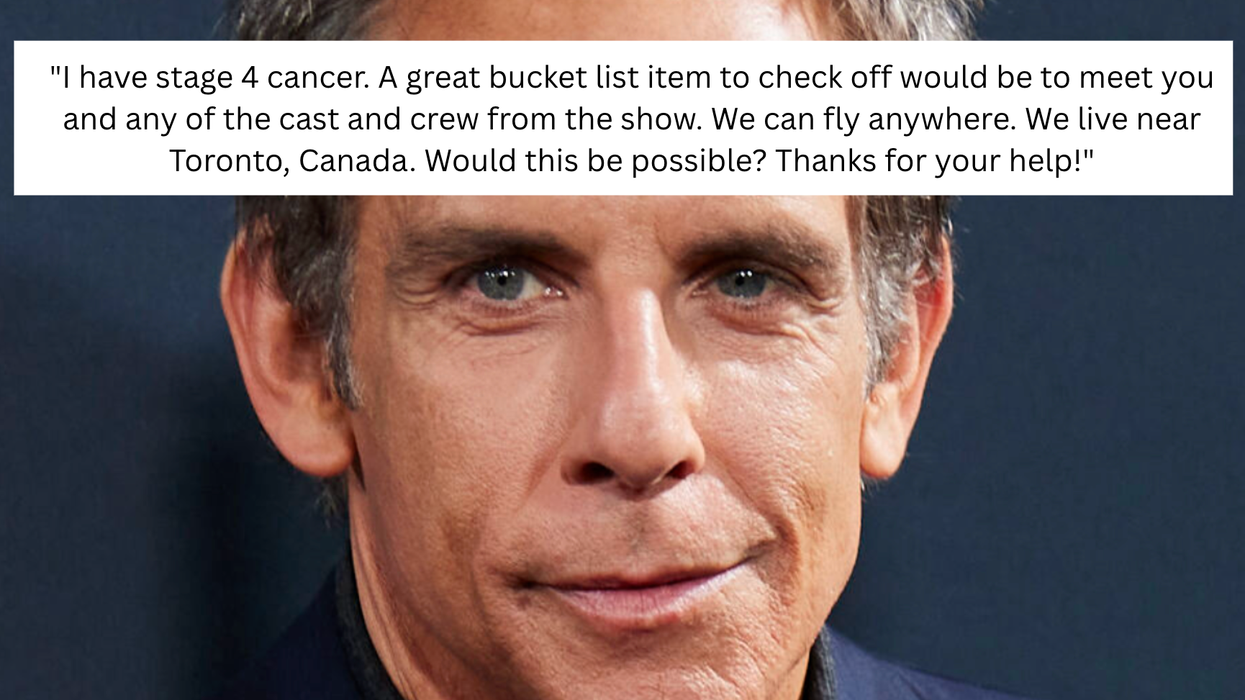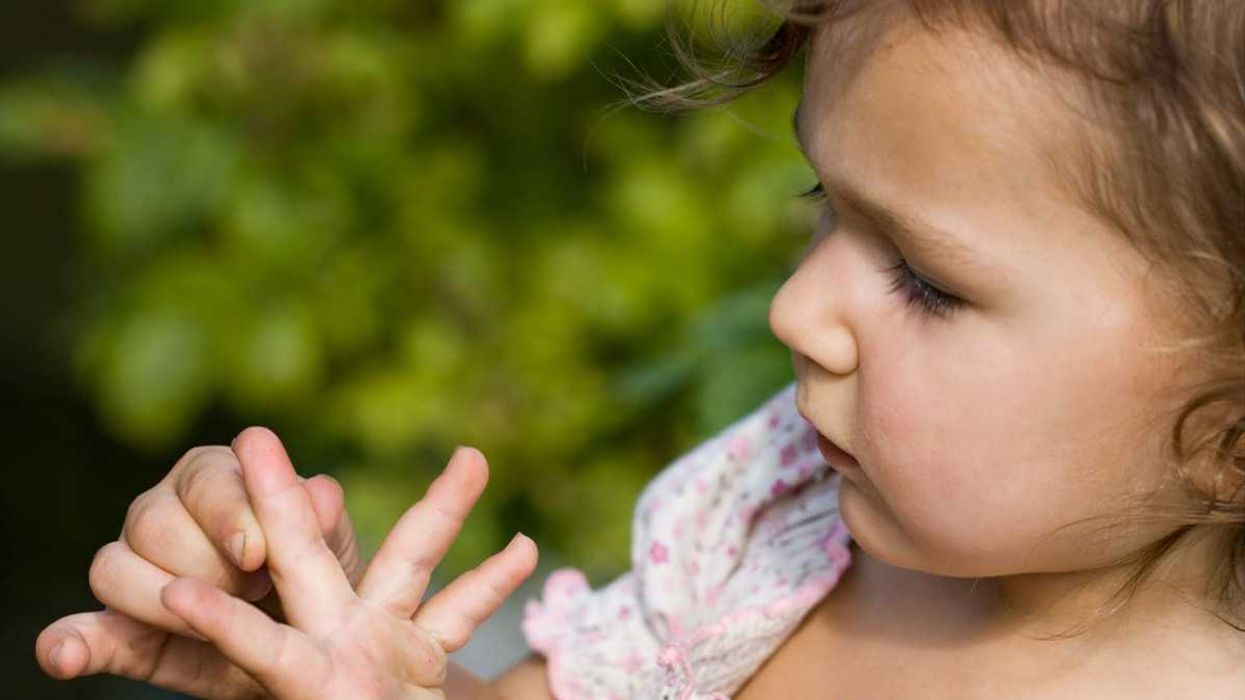We all know people who are takers. Takers are self-serving: They love to get more than they give, and use others for personal gain. Luckily, most people don’t approach their interactions this way. After studying these dynamics for a decade, it turns out that the vast majority of people operate like matchers, striving to keep an even balance of giving and receiving. Matchers follow the norm of reciprocity, trading favors quid pro quo.
For some of us, our focus isn’t on taking or matching, but on giving. I’m not necessarily talking about philanthropy or volunteering—I mean being the kind of person who enjoys helping others and often does it without any strings attached. If you’re a giver, you go out of your way to share knowledge, make introductions, offer advice, or provide mentoring without expecting anything in return.
We want to be surrounded by givers. By contributing generously, givers create more supportive relationships, more cohesive groups, and more innovative, reliable, and productive organizations.
If you want a community of givers, you should invite givers to join your community. However, research consistently demonstrates that the negative impact of one taker on a group exceeds the positive impact of one giver. It’s easy for one bad apple to spoil the bunch, but much more difficult for one good egg to make a dozen. In the presence of takers, people become paranoid and self-protective, suppressing their giving instincts in favor of playing it safe by matching or taking.
Rather than stacking the deck with givers, it’s more important to focus on screening out takers. One signal of taking is the tendency to claim personal credit for collective accomplishments while blaming others for failures and mistakes. Another is kissing up and kicking down: When dealing with powerful people, takers tend to be good fakers. They’re careful to impress superiors by creating an aura of generosity, but they let their guard down when dealing with peers and subordinates.
If you can spot these signals and weed the takers out of your group, you’ll have a community of givers and matchers. With takers out of the picture, givers are comfortable acting generously. Since matchers subscribe to the norm of reciprocity, they tend to follow suit and operate like givers too.
To fuel and sustain this giving dynamic, it’s critical to encourage people to ask for help. In many situations, givers are stymied by a lack of information about who could benefit from their help, and how. Research suggests that up to 90 percent of all giving and helping that occurs in organizations starts with a request. Yet many people hesitate to make those requests—they’re afraid of appearing vulnerable, incompetent, helpless, or dependent. If they hold back on asking, they deprive others of the chance to contribute.
Communities of givers depend on mechanisms for supporting help-seeking. If you want to organize helping from the top down, check out the Dream On program at Appletree Answers, a call center where employees are invited to submit dreams—like bringing a sick husband to meet his favorite athletes or taking a daughter backstage at the circus—and a committee works to grant them. If you’d rather mobilize grassroots helping, one powerful practice is the Reciprocity RingTM, where you invite members of a group to make a request for something they need or want but cannot get on their own, and challenge the rest of the group to use their knowledge and networks to make it happen.
Once you have a group of givers and matchers seeking and giving help, the final step is to show people the impact of their contributions. Givers burn out when they’re left in the dark about how their actions are helping others. In experiments with university fundraisers, for example, the givers struggled until they met a single scholarship recipient who benefited from the money they had raised. Then, their weekly effort spiked by more than 141 percent and their weekly revenue climbed by more than 400 percent. When we can see the impact of our actions, giving becomes less exhausting and more energizing.
Many people aspire to make a difference, but believe they need to achieve success before giving back. By rejecting this assumption and building a community of people who give first, it’s possible to make everyone in the group better off.


















 The Emergency Department.Photo credit:
The Emergency Department.Photo credit:  Little girl with a splinter.Photo credit:
Little girl with a splinter.Photo credit:  Woman on phone after car accident.Photo credit:
Woman on phone after car accident.Photo credit: 

 A road near equatorial Atlantic OceanCanva
A road near equatorial Atlantic OceanCanva Waves crash against rocksCanva
Waves crash against rocksCanva

 Two people study a mapCanva
Two people study a mapCanva Foggy Chinese villageCanva
Foggy Chinese villageCanva